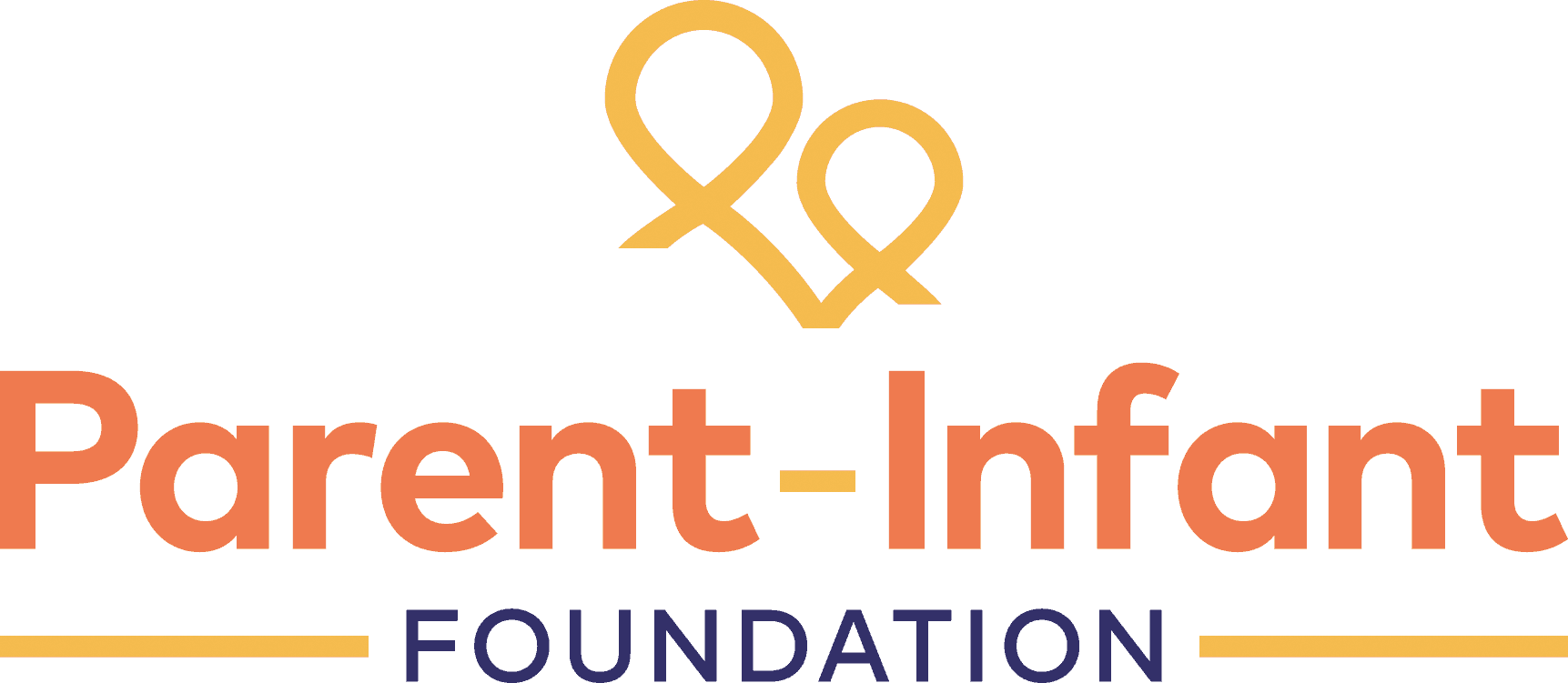Scientific research is convincing in its message that experiences from before birth to age three can shape a child’s lifelong physical, emotional and mental development.
- Research confirms that a child’s experience up to the age of three years shapes its future out of all proportion to the rest of childhood.
- A secure primary attachment is the main protective factor for the developing brain.
- The first three years of life strongly determine the future wellbeing of a child, and their physical and mental health
- Children’s wellbeing is economically and psychologically important to the wellbeing of the whole of society
- Research makes the case why the emotional health of the under-threes should be at the heart of Government policy
This material appears in the form of summaries. Research published in peer-reviewed journals from the fields of neuroscience, psychology, biology, and the medical / health sciences is distilled into an accessible format.
This science affords vital insights into how early life experience impacts on the emotional development and wellbeing of young children and the potential impact on their future mental and physical health.
These research summaries were generously donated to the Parent- Infant Foundation by colleagues at the former 'What About The Children?' charity.
We are incredibly grateful to the whole team for their work raising awareness of the emotional needs of babies and children in their earliest years. We are pleased to be able to help them continue their legacy by sharing this work. We also gratefully accepted some remaining funding on their closure, which we will use to further our work supporting Parent-Infant relationships.
Particular thanks to the key team members at What About The Children?  whose vision and commitment over 15 years enabled production of the Summaries, including:
whose vision and commitment over 15 years enabled production of the Summaries, including:
Diana Dean – Founder and Director of the project (2009-2020)
Professor Sir Denis Pereira Grey (President: What About The Children? 2009-2020)
Dr Carole Ulanowsky (Coordinator, Science and Research Group, 2020-25)
Dr Elizabeth Bland (Research Website Coordinator 2021-24)
To browse the library you can either use the search function or choose a category on the left-hand side to look through.
